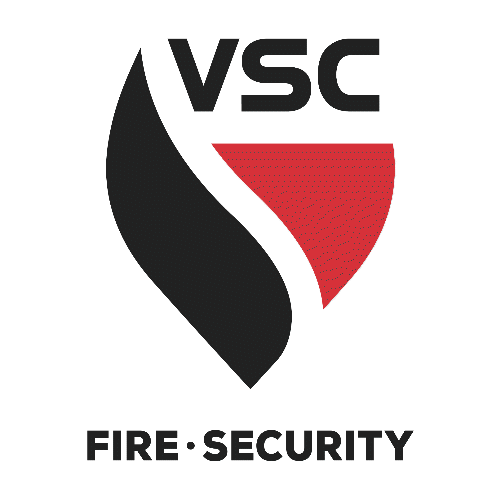HAZARDS
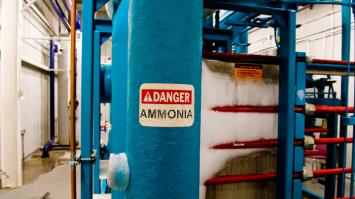
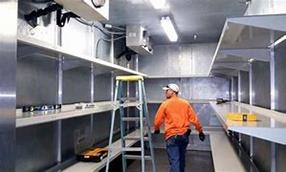
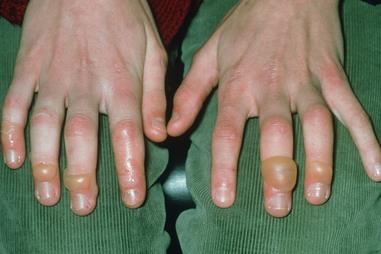
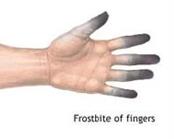
Working in freezers can result to hypothermia, frost bite, or other serious health effects
such as dehydration, numbness, shivering and fatigue. The first parts of the body to
develop these symptoms are the hands to shoulder area and feet to knees gradually
progressing to deep body tissues, nerves, and the body core.
Some large cold storage facilities use ammonia refrigerant
processes. If you are required to enter these mechanical areas
outside of cold storage you can be expose to potential
hazardous ammonia gas or liquid. Ammonia gas is extremely
dangerous and often fatal.
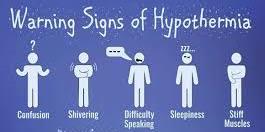
VSC Freezer & Cold Storage Work Safety Policy
This new safety program are guidelines to prevent injury and illness associated with extreme cold temperatures while working in freezers and cold storage facilities. These preventions and procedures will need to be included with job site conditions and scope of work hazards specific to each project when planning.

Freezer and Cold Storage Safety Management
- VSC employees will take a warm-up break every 20 minutes or can work up to an hour before a break is required per individual tolerance for conditions and make yourself a warm drink and snack! Ensure you choose a nutritious and energy-rich snack like fruit or muesli bars, rather than just what you ‘feel like’ (potato chips, sweets, cookies etc.).
- Make sure you take these warm-up breaks, even if you aren’t feeling cold at the time, as it is vital to keep your body temperature at a moderate level. Keep your jacket and/or trousers on during the break to boost your body temperature.
- Wear suitable Cold Store Clothing & PPE rated for freezer work.
- Maintain a healthy and balanced diet.
- A balanced diet and adequate liquid intake are essential to keep safe and productive in the freezer. When you are working in a cold environment you are using extra energy because the body is working to keep itself warm. The measures it takes to regulate body temperature, such as shivering, burns energy and dehydrates your body.
- For freezer or cold storage supplied by an Ammonia refrigerant processing employees will be exposed to the VSC Ammonia
Safety policy Appendix U must be implemented. Employees must complete Ammonia Awareness training. Contact VSC
Safety Management for assistance.
Avoid drinks with caffeine such as energy drinks. Soda and coffee as they increase urine production, thus contributing to dehydration. They also increase the blood flow at the skin surface which can increase the loss of body heat.


